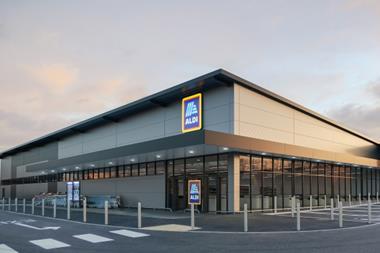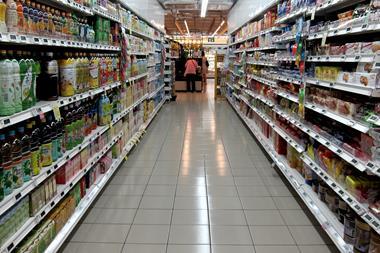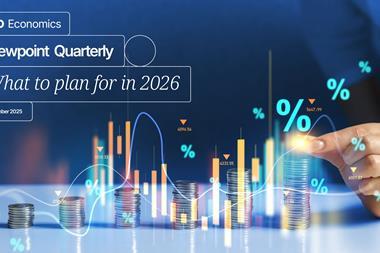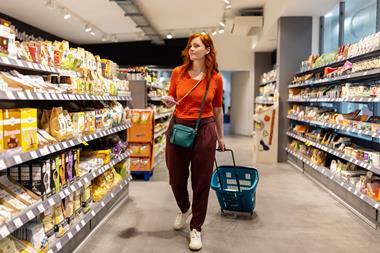Shoppers continue to spend as grocery inflation rises

With grocery inflation continuing to rise, spend on groceries is far outstripping the number of items shoppers are buying, according to new retail data
ALREADY HAVE A REGISTERED USER ACCOUNT? PLEASE LOG IN HERE
To read the full story join the ConvenienceStore.co.uk community today!
Registration is quick and easy and provides access to:
- Unlimited ConvenienceStore.co.uk articles
- Our great range of newsletters
- Content you’ve saved for later via the ‘my library’ feature
And much more…

























